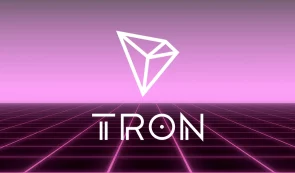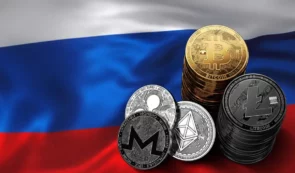Crypto Advocacy Group Coin Center Debunks Claims that Ethereum (ETH) is a Security

Coin Center, a crypto advocacy group, has refuted claims by the New York Attorney General (NYAG) Letitia James that Ethereum (ETH) is a security.
The NYAG is currently in the process of suing crypto exchange Kucoin, arguing that the altcoin is a speculative asset that is a security that relies on third-party developers to generate profits for its holders. However, Coin Center’s view remains unchanged, and the think tank argues that ETH is not a security.
The NYAG has grouped Ethereum alongside the collapsed crypto project Terra (LUNA) and its algorithmic stablecoin TerraUSD (UST), arguing that they are all speculative assets that are securities. This has led to a legal battle between Kucoin and the NYAG, with the former arguing that the largest altcoin by market cap is not a security and, therefore, not within the jurisdiction of the NYAG.
Coin Center’s view on Ethereum
Coin Center’s director of communications, Neeraj Agrawal, has reiterated the think tank’s view, stating that they disagree with the NYAG’s argument that ETH is a security. Coin Center will closely monitor the case; if there is an opportunity to weigh in, they will.
Obviously we disagree with the NYAG’s argument that ETH is a security. Coin Center will be monitoring the case and if there’s an opportunity to weigh in, we will.
In the mean time, our argument for why ETH is not a security is unchanged: https://t.co/gZM3YEfDvT
— Neeraj K. Agrawal (@NeerajKA) March 9, 2023
In 2018, Coin Center published a blog post explaining why they believe Ethereum is not a security. According to Coin Center, while the asset may have met one of the prongs of the Howey test when it was issued in 2014, ETH, in its current form today, is not a security.
The Howey framework
Under the Howey framework, a transaction represents an “investment contract” if a person “invests his money in a common enterprise and is led to expect profits solely from the efforts of the promoter, sponsor or another third party.”
However, Coin Center argues that Ethereum in its current iteration is “too useful and too decentralized” and that ETH’s value does not rely on the efforts of a discernible third party to generate profits.
Conflating the pre-sale and the running network is a misleading analysis that could be misunderstanding the tech, the law, or both. Coin Center argues that the value of ETH and the functionality of its network are not reliant on the Ethereum Foundation. Instead, it flows from the efforts of thousands of unaffiliated developers, miners, and users.
Coin Center’s arguments are based on the fact that the project is an open-source blockchain-based platform that allows developers to build decentralized applications (dApps) on top of it. The value of ETH comes from the utility of the Ethereum network as a whole, not from the efforts of any single entity.
READ MORE: Here is the Worst Case Scenario for Crypto, According to Benjamin Cowen
Conclusion
In conclusion, Coin Center’s arguments make a strong case for why ETH is not a security. The asset’s value comes from its usefulness as a decentralized platform that enables developers to build dApps on top of it.
The efforts of thousands of unaffiliated developers, miners, and users contribute to the value of the Ethereum network. Therefore, the worth of ETH is not reliant on the Ethereum Foundation or any other single entity, making it challenging to classify ETH as a security.
















